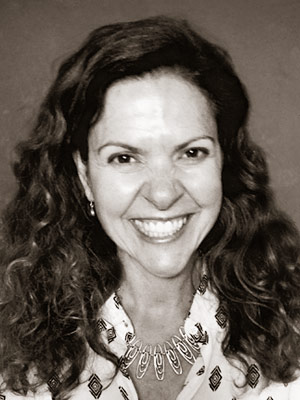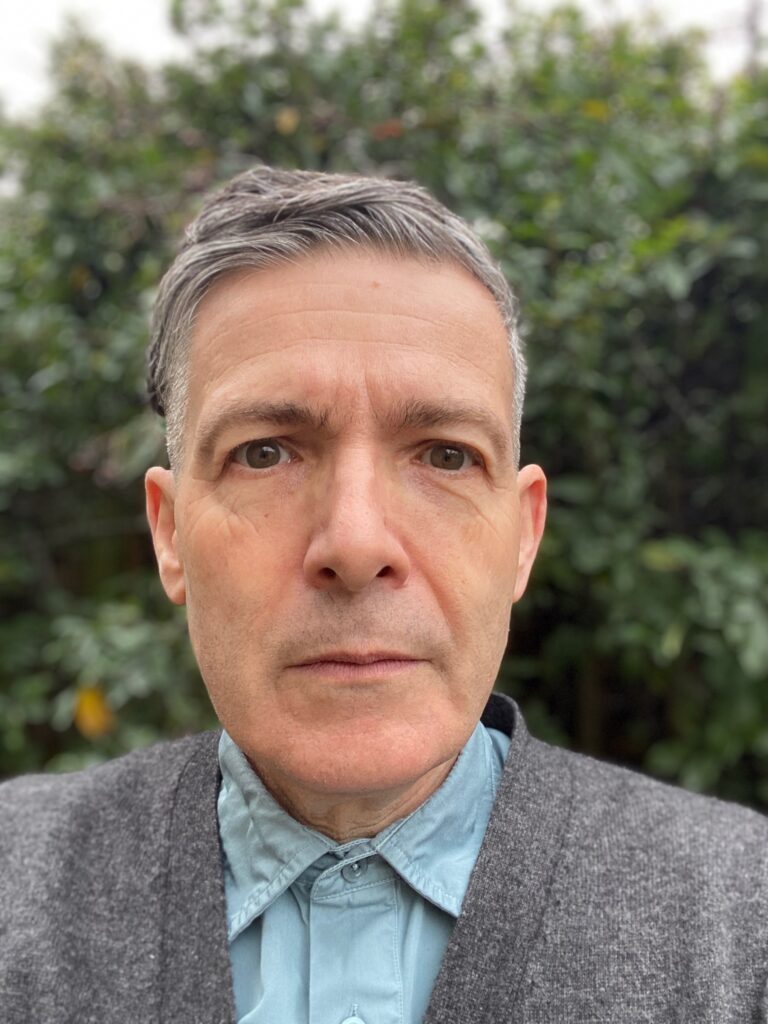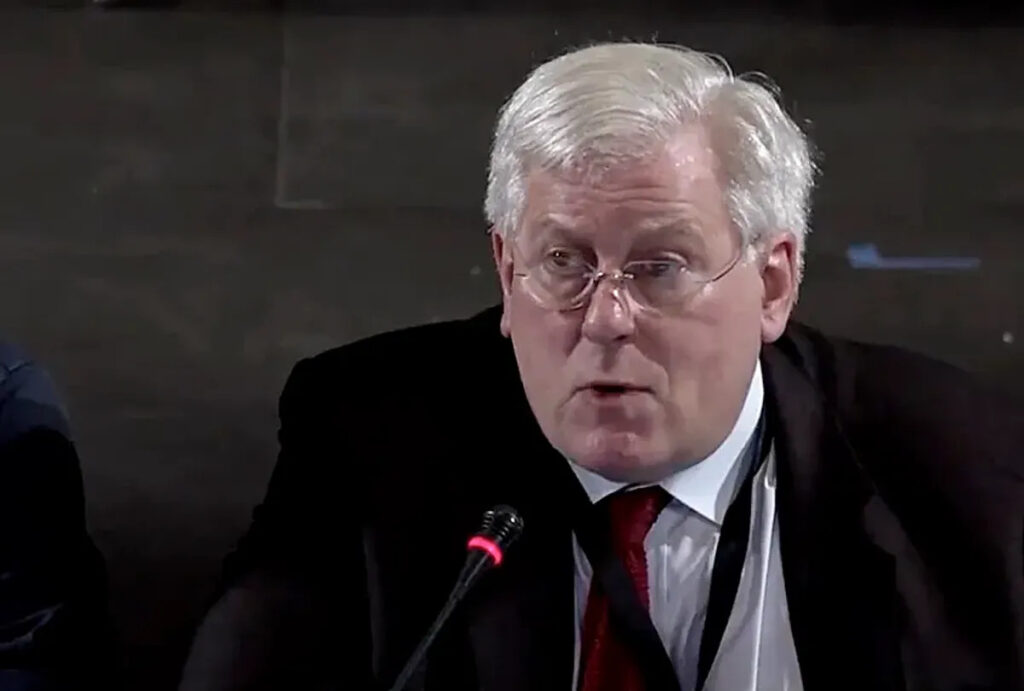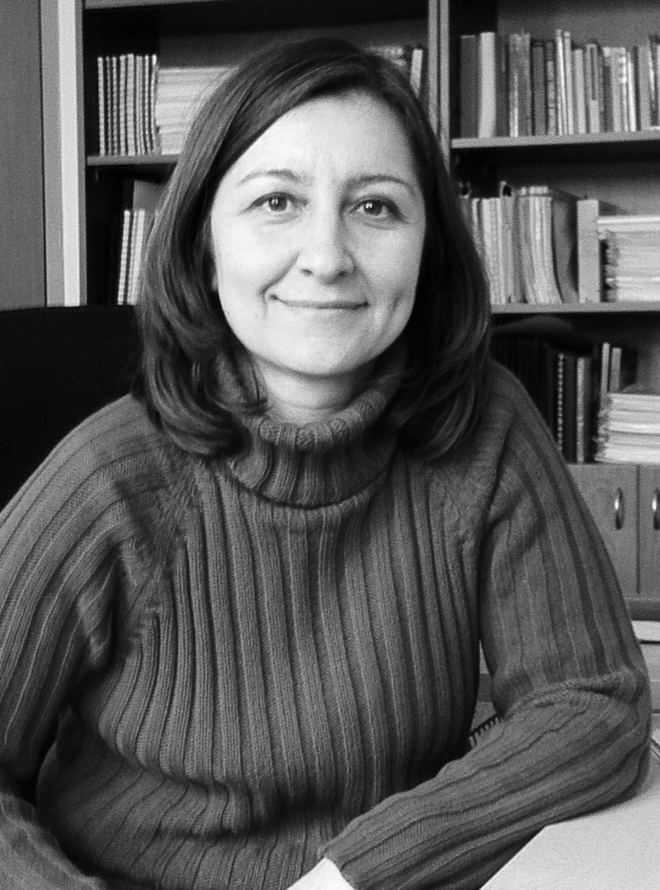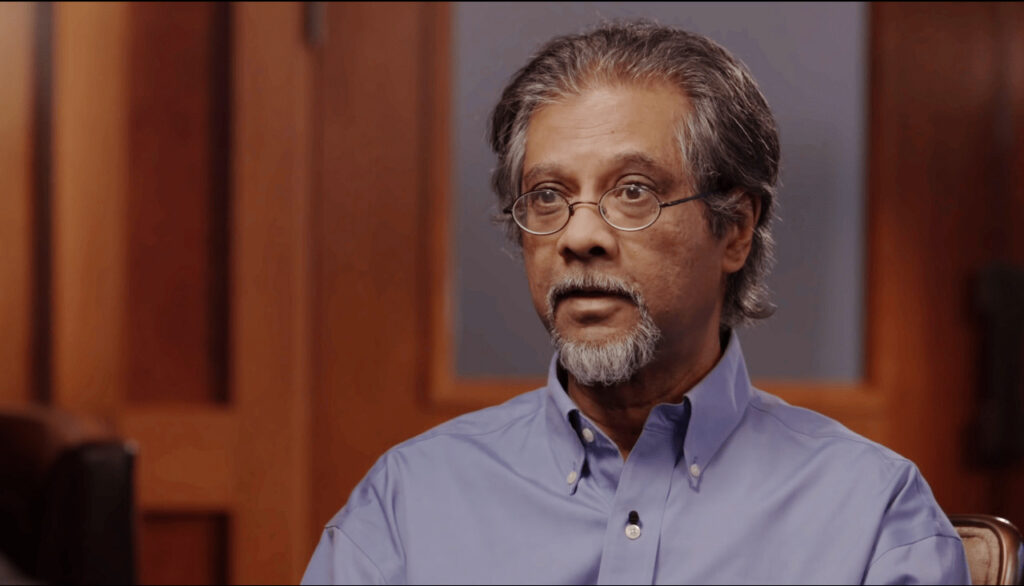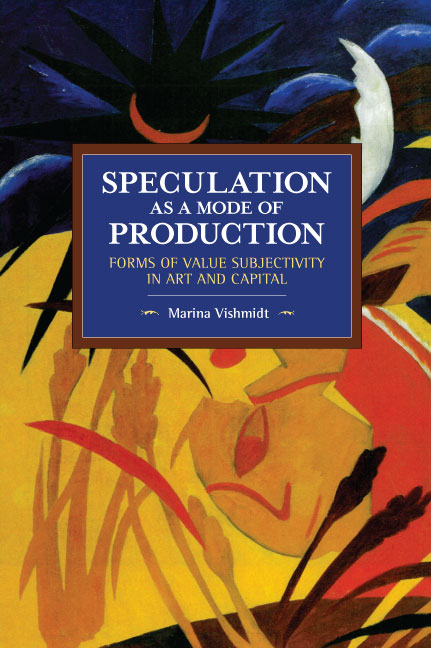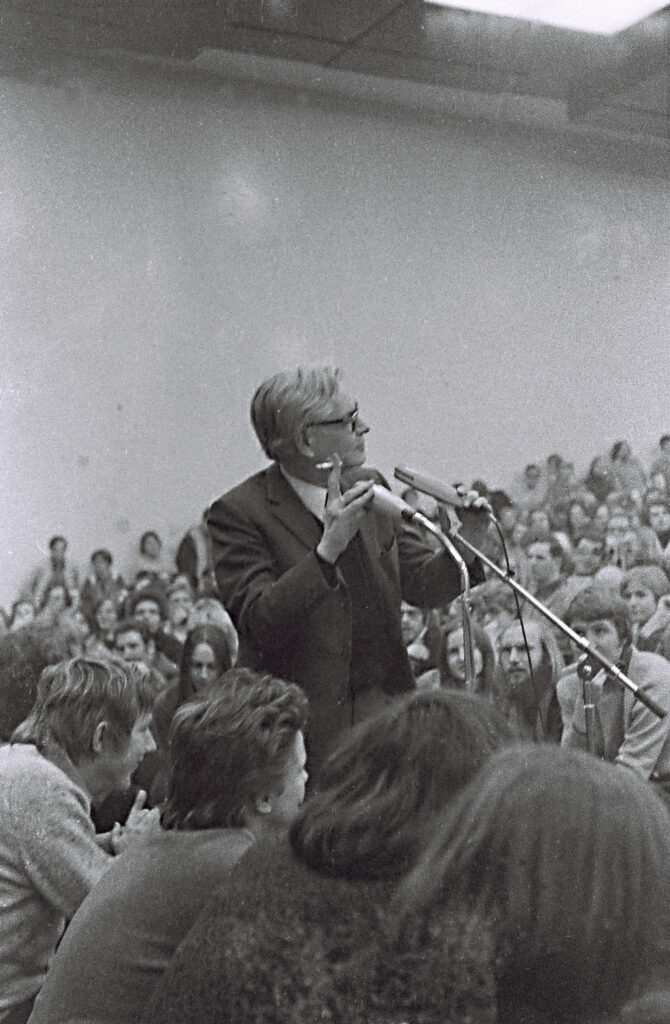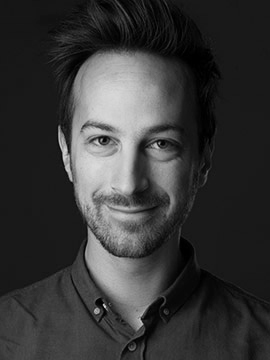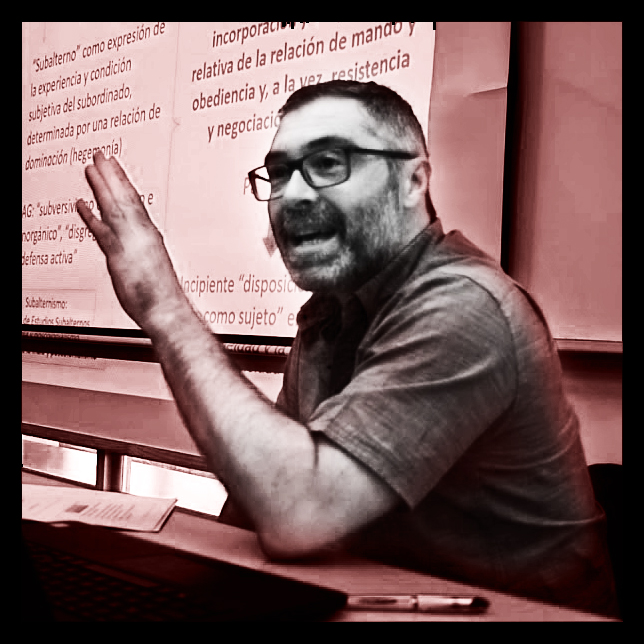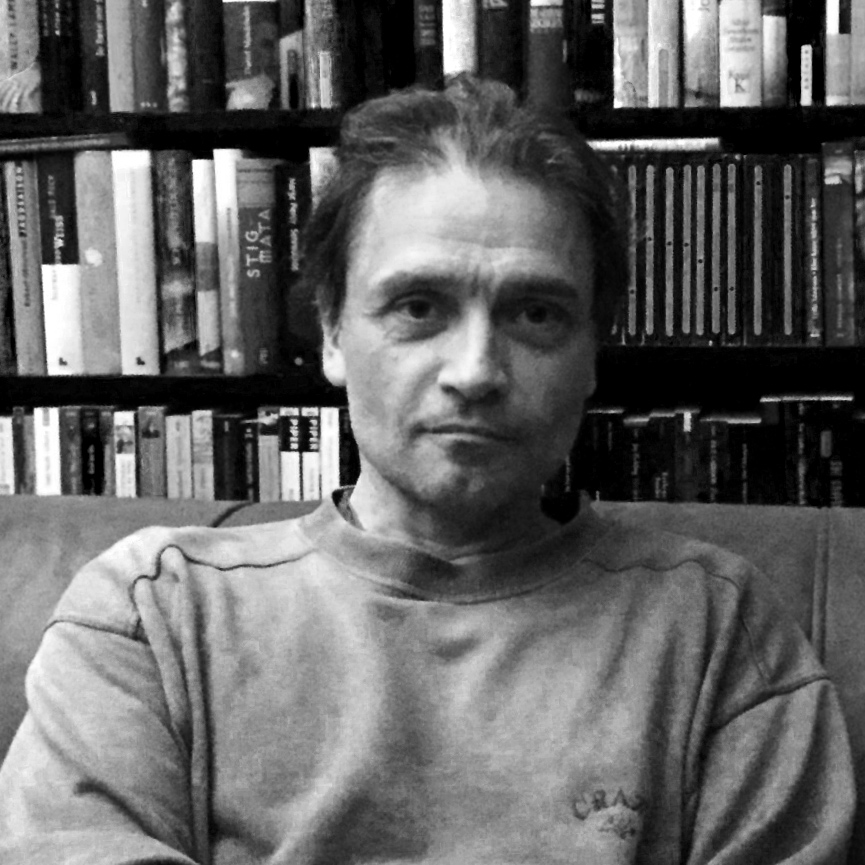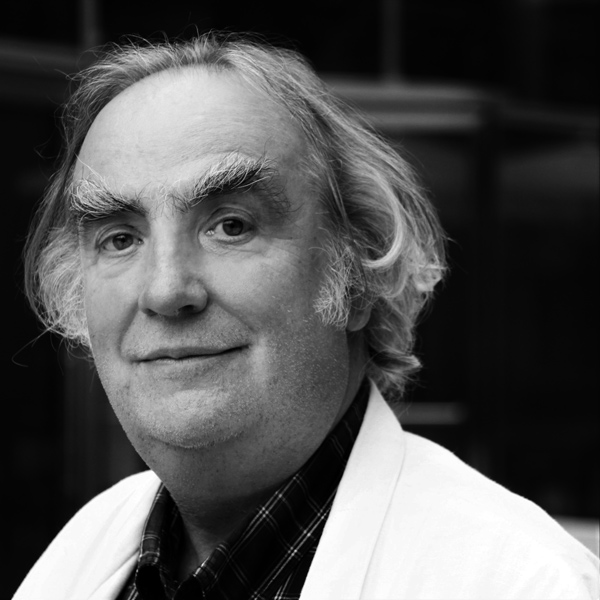Interviews
An Interview with Historian Carolyn Eichner: Commemorating the Paris Commune and the Lives of French Socialist Feminists
More than 150 years later, the Paris Commune of 1871 continues to inspire critical thought and praxis on the Left. As one of the truly defining moments in the history of the struggle for socialism, the heroism, innovativeness, defiance, and sacrifices of the Communards have especially shaped the Marxist tradition. Karl Marx, Friedrich Engels, Rosa Luxemburg, Vladimir Lenin, and Leon Trotsky were deeply marked by the Commune’s emergence and destruction. As Marx expressed it so vividly in The Civil War in France, the working class understands that “in order to work out their own emancipation and along with it that higher form to which the present society is irresistibly tending by its own economical agencies, they will have to pass through long struggles, through a series of historic processes, transforming circumstances and men.” With yet another anniversary of the Commune approaching, and global capitalism rent by serial crises and metastasising authoritarianism, I reached out to historian Carolyn Eichner, the author of several superb works on the Paris Commune and socialism and feminism in nineteenth-century France.
On Marxian and Utopian Socialism: The fourth interview with Prof. David Leopold by Li Liu and Qian Luo
This interview begins with the definition of utopia, exploring the relationship between scientific and utopian socialism, revealing contemporary revisions of utopian socialism.[i] There are many different approaches to and definitions of the key notion of utopia, so in the first section, we consider how to understand the notion of utopia correctly, in the context of Prof. David Leopold’s research. Second, we explore the relation of Marx, Engels, and utopian socialists, what the Marxian criticisms of utopianism are, and how to approach these criticisms. Additionally, we compare Leopold’s and Marx’s understandings of utopia. Finally, we summarise Leopold’s contribution to reconfiguring Marxian and utopian philosophies and conclude that Marxian and utopian socialism can be compatible in many ways. This creates the possibility for people to design new ‘recipes’ for the future.
Interview with Robert Meister
I first met Bob Meister in Sydney in 2013. I had just started my PhD on the topic of Chinese financialisation and I was struck by Bob’s ability to articulate Marxist categories, techniques of finance, philosophical reflections and politics. I then had the opportunity to meet Bob in other occasions, academic conferences, activist laboratories in Italy and elsewhere. Over these last years, Bob’s contribution has been essential to reflect on the transformation of capitalism in its financialised form. Bob not only encourages us to rethink the politics of justice through the spectrum of capital accumulation and dis-accumulation, but it offers way to use temporality and liquidity – the preferential tools financial capital use for its own reproduction – as a form of counterpower. In this interview, I asked him about his intellectual trajectory and how we can start approaching justice as a “financial option?”
Neoliberalism and the State
In this interview for textum‘s special series on neoliberalism, Kübra Altaytaş and Ozan Sisospoke with Pınar Bedirhanoğlu about “neoliberalism and the state”, in a broad intellectual exchange, which touched on issues ranging from the capitalist state to the modern state form, from the political Islamist transformation of society in Turkey to corruption across the globe, from class relations transformed by financialisation to labour struggles. We hope that this in-depth discussion will serve to clear up confusion about the state-market-society triangle, on which there has been much debate but no consensus has yet been reached.
An interview with Anwar Shaikh
Professor Anwar Shaikh is professor of Economics in the Graduate Faculty of Social and Political Science at The New School for Social Research in New York City, where he has taught since 1972. He is actually one of the most prominent heterodox economists in the world. In the conversation that follows, Pablo Pulgar Moya sits down with Anwar Shaikh in Santiago de Chile to discuss heterodox economy, politics, concept of profit and social contradictions of capitalism.
Spaces of Speculation: Movement Politics in the Infrastructure
Last February, Marina Vishmidt and I met in London where we discussed her book Speculation as a Mode of Production: Forms of Value Subjectivity in Art and Capital (2018)in the Historical Materialism Book Series. We then planned to collaborate on an event in New York that Spring. When that didn’t happen, we recorded a short interview for the e-flux podcast, but wanted to keep the conversation going. In the ensuing months, we emailed and added notes to a shared doc discussing, among much else: her book and how her arguments on artistic and financial speculation and infrastructural critique related to our shared interests in ‘art activism’ and some of the shortcomings of aesthetic theory; the pandemic and multiple crises of social reproduction that it would, did, and continues to set forth; the police and state violence in the US and elsewhere that only increased unabated as crumbling welfare systems unleashed further austerity; on the autonomous and extra-parliamentary responses to racialized capitalist crisis that manifested themselves and developed in the streets; and much else. After many months of exchange and discussion, we have collected and condensed our thoughts here.
Marx on Campus: The Many Faces of the Marburg School
Translated by Loren Balhorn
The Making of Capitalism in France:
Xavier Lafrance teaches political science at the Université du Québec à Montréal. With Charles Post, he co-edited the book Case Studies in the Origins of Capitalism (Palgrave 2018) and he is the author of The Making of Capitalism in France. Class Structures, Economic Development, the State and the Formation of the French Working Class, 1750-1914 (Brill, « Historical Materialism Book Series, 2019) – now out in paperback https://www.haymarketbooks.org/books/1462-the-making-of-capitalism-in-france
The Lebanese October revolution against sectarian realism and neoliberal authoritarianism:
As the Lebanese revolutionary uprising enters its third month, the ancien regime has already unleashed counterrevolutionary practices in all its forms. Fear-mongering of pre-October 17 sectarian tensions alongside blaming the impending economic collapse on the continuous protests and reviving the specter of the civil war is rife on Lebanese TV channels as members of the Lebanese ruling class battle to hold on to a sinking structure. Although the momentum is not as prominent as it used to be during the first weeks of the revolution, slogans, chants, and demands are witnessing a sharp politicization that opens endless possibilities for class conscious struggles as the anger of the masses are directed at the main perpetrator of the economic crisis, local banks. Accordingly, state repression has also increased in the last couple of days as 61 protesters directing their anger on local banks in the Hamra neighborhood of Beirut on the 90th day of the revolution were arrested and detained overnight. Mattia Gallo, from Global Project, interviews Elia El Khazen on the recent developments and the “Nationalize the banks” campaign that he is a member of. Elia El Khazen is a member of the Lebanese based Marxist organization the Socialist Forum and the campaign to nationalize the private banks in Lebanon تأميم المصارف. He is on the editorial board of المنشور and the Historical Materialism journal. His work has appeared on Salvage, Jacobin, and other journals.
Fourth Transformation or “Transformism”?
–translated by Joel Ruggi
Interview with Michael Heinrich
Michael Heinrich is the author of a major, multi-volume biography on Karl Marx. The first volume appeared 2018 – to coincide with the 200th anniversary of Marx’s birth – and is being translated into English. Heinrich’s research on Marx has coincided with the project of collecting the known manuscripts of Marx and Engels into theMarx-Engels-Gesamtausgabe. His PhD dissertation, published asThe Science of Value [Die Wissenschaft vom Wert – 1991], engaged with Marx’s critique of political economy, as well as the broader traditions of classical and neo-classical theories of political economy. Heinrich has also written commentaries and introductions on Capital and political economy as well as engaging in recent Anglophone debates over Marx’s theories inCapital.
An Experimental Discussion: the Althusserian problematic
Edited for publication by Daniel Lopez
